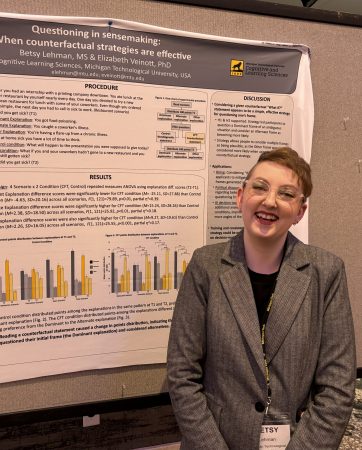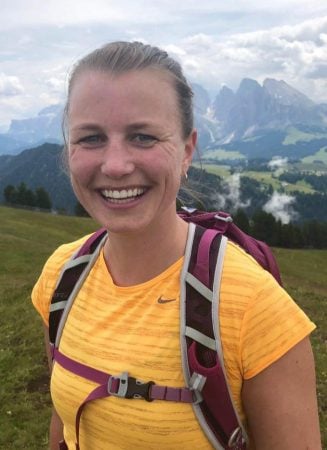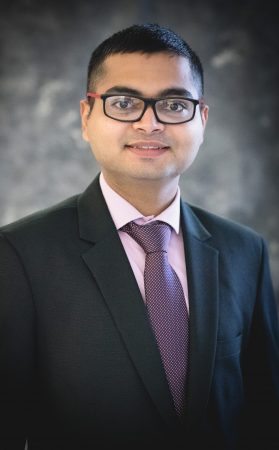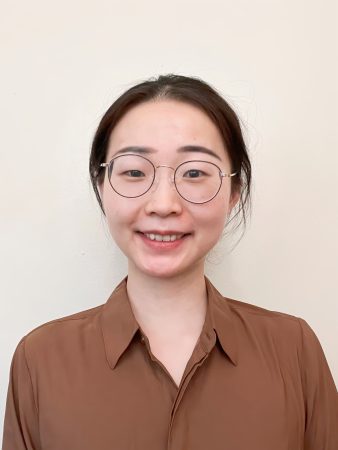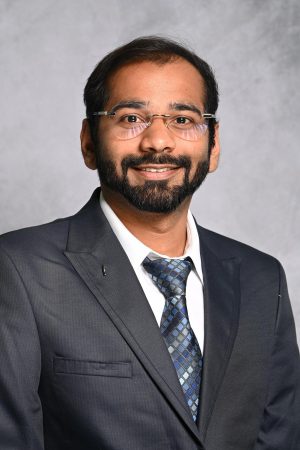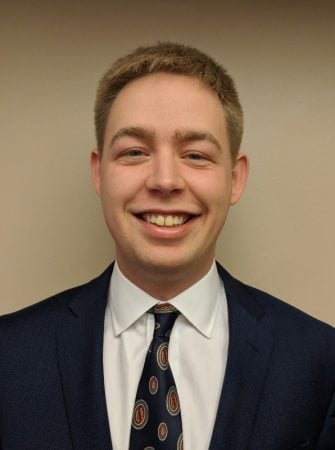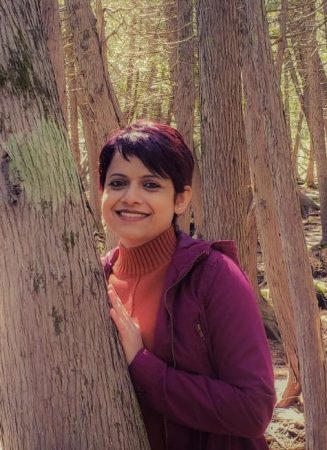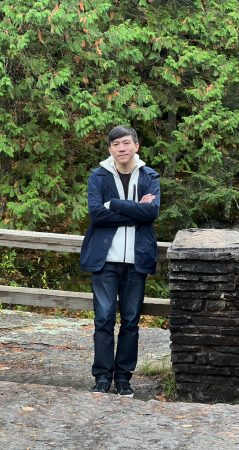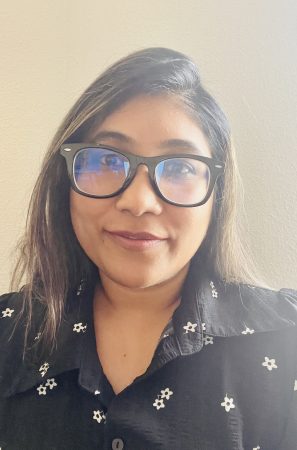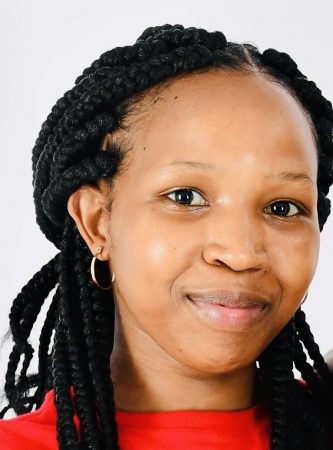I have always been fascinated with psychology, particularly the way people think and make decisions. We make judgments about our experiences all the time – from everyday social interactions to big events on the news – so it’s an area that is relevant and potentially very impactful. As a lifelong Yooper, I feel lucky to be getting an amazing education from the Applied Cognitive Science & Human Factors program. It has really highlighted the importance of both basic research and how to apply it effectively to real-world domains.
My dissertation research explores the ways in which people question their theories of events – particularly in ambiguous situations. I believe studying strategies used to question theories can lead to effective methods for changing them. As a social cognition researcher, I combine theoretical perspectives like motivated reasoning and sensemaking in analytical domains to understand how people form theories about events and what causes people to rethink them. I am experimentally testing strategies to promote questioning one’s theory. These strategies can then be used in domains like hiring to mitigate decision-making biases.
I want to give a heartfelt Thank You! to the Graduate Dean Awards Advisory Panel for granting me this award. I want to thank my advisor Dr. Beth Veinott for all of her support with my PhD research and preparing me for an academic career. Her enthusiastic and thorough guidance has been invaluable. Additionally, I thank the ADVANCE Initiative and everyone in the Cognitive & Learning Sciences department for their continued support.
